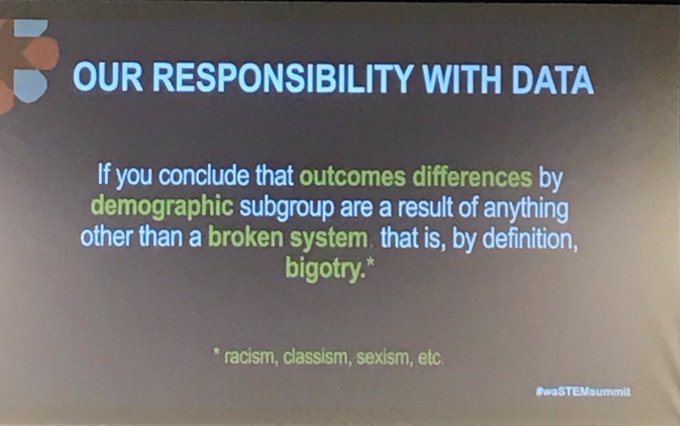'The divides that had driven politics hitherto, especially class and wealth, became less salient after the 1960s. Other, more “lifestyle” issues took their place. At first these were construed in terms of the individual, but eventually they came to be framed in terms of groups: first Jews, then African-Americans, then women, then gays. It was not merely that these groups sought equal rights. The real change was that they defined themselves as oppressed. This was a seismic shift.
'Identity politics is deeply and inexorably divisive. If the withholding of recognition is a form of oppression, then one way of achieving recognition is to show that I have been oppressed. The logic is as follows: the group to which I belong is a victim; it has been wronged; therefore we are entitled to special treatment. This gives rise to an endlessly proliferating list of the aggrieved. Each of their claims is surely true, but you cannot build a free society on the basis of these truths, just as you cannot heal trauma by endlessly attending to your wounds. A culture of victimhood sets group against group, each claiming that its pain, injury, oppression, humiliation, is greater than that of others.'
Lord Sacks, former British Chief Rabbi, The Home We Build Together: Recreating Society (2007) - here is a very interesting extract.
'Identity politics is deeply and inexorably divisive. If the withholding of recognition is a form of oppression, then one way of achieving recognition is to show that I have been oppressed. The logic is as follows: the group to which I belong is a victim; it has been wronged; therefore we are entitled to special treatment. This gives rise to an endlessly proliferating list of the aggrieved. Each of their claims is surely true, but you cannot build a free society on the basis of these truths, just as you cannot heal trauma by endlessly attending to your wounds. A culture of victimhood sets group against group, each claiming that its pain, injury, oppression, humiliation, is greater than that of others.'
Lord Sacks, former British Chief Rabbi, The Home We Build Together: Recreating Society (2007) - here is a very interesting extract.


No comments:
Post a Comment